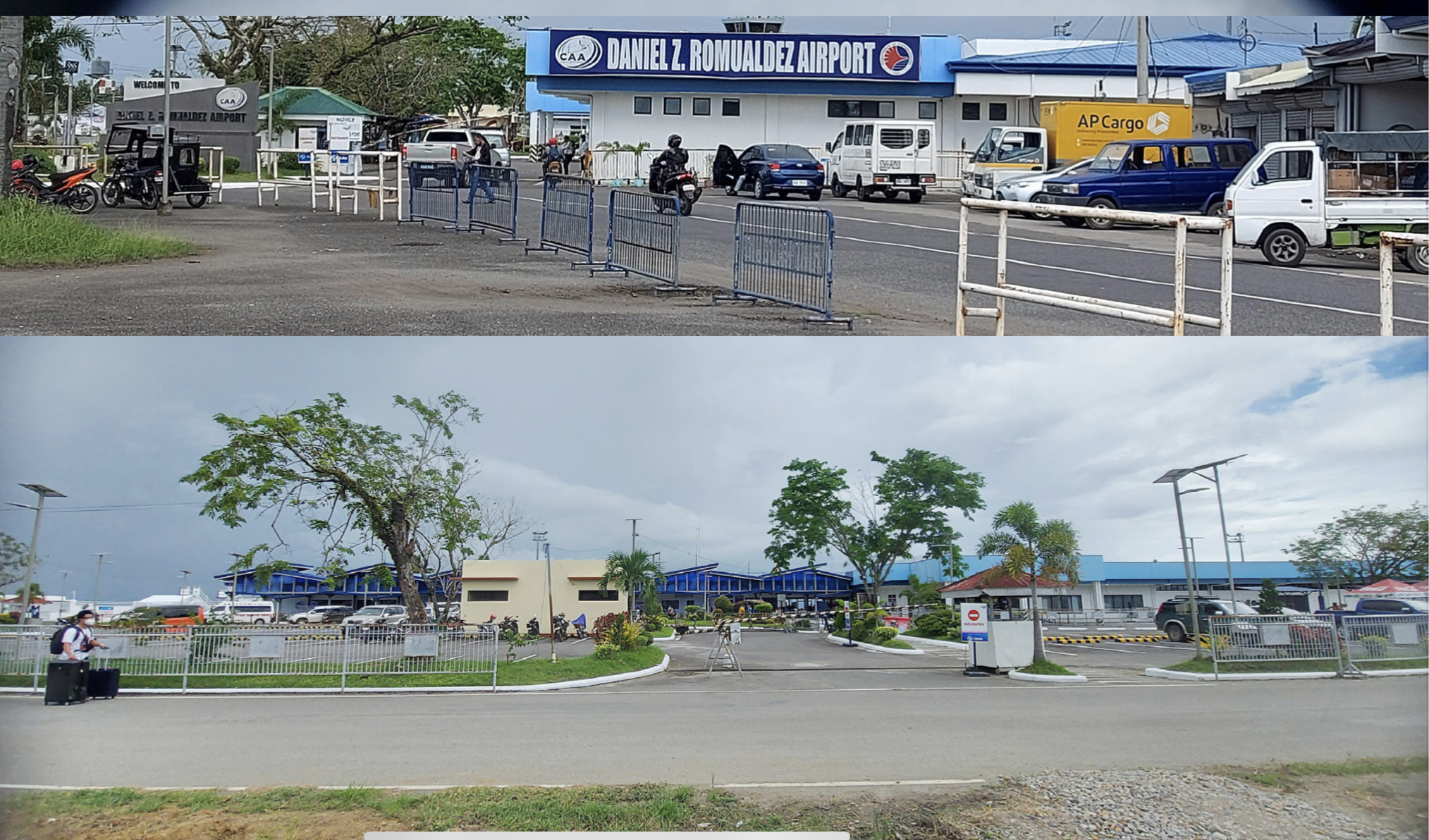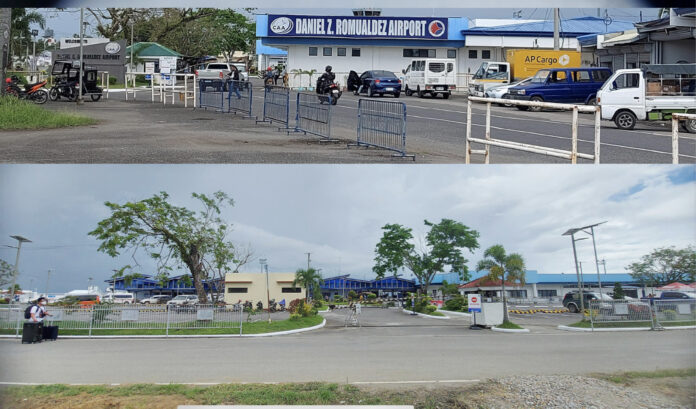Sec. Tugade issued an order to hasten the project

TACLOBAN CITY- The construction of the passenger terminal building of the Daniel Z. Romualdez (DZR) Airport is expected to be completed soon than originally planned.
This after Transportations Sec. Arthur Tugade directed the contractor MAC Builders to hasten its construction ahead of its target completion of 540 days or more than a year.
Tugade, who visited the DZR Airport last November 28, asked the contractor to instead finish the construction of the passenger terminal building to just 270 days or around nine months.
It was learned that MAC Builders agreed to this request of Tugade who said that the project is a ‘prime importance’ not only to the people of Leyte, where the airport is located, but to the rest of Eastern Visayas.
The construction of the facility started last Tuesday (Dec.1) with a funding cost of P699.16 million and with a revised work schedule, it is expected to be operational by second quarter of 2022.
Tacloban City Mayor Alfred Romualdez expressed his elation on the directive of Sec. Tugade to hasten the construction of the passenger terminal building as this could accommodate more passengers.
According to the city mayor, the improvement of the DZR Airport has been in the pipelines for decades but for some reason was not fully realized.
“I am happy that (Sec.Tugade) has ordered for the fast completion of the project. If the DZR Airport will modernize, this will not only benefit Tacloban City but the rest of Eastern Visayas,” he said.
During this time of pandemic, the daily flights at the DZR Airport has drastically reduced from its previous 14 daily flights to just five flights a day.
The Tacloban Airport, located in San Jose District, is considered among the country’s busiest airports accommodating millions of passengers.
When Tacloban was pummeled by Super Typhoon ‘Yolanda,’ the said airport sustained major damages.





